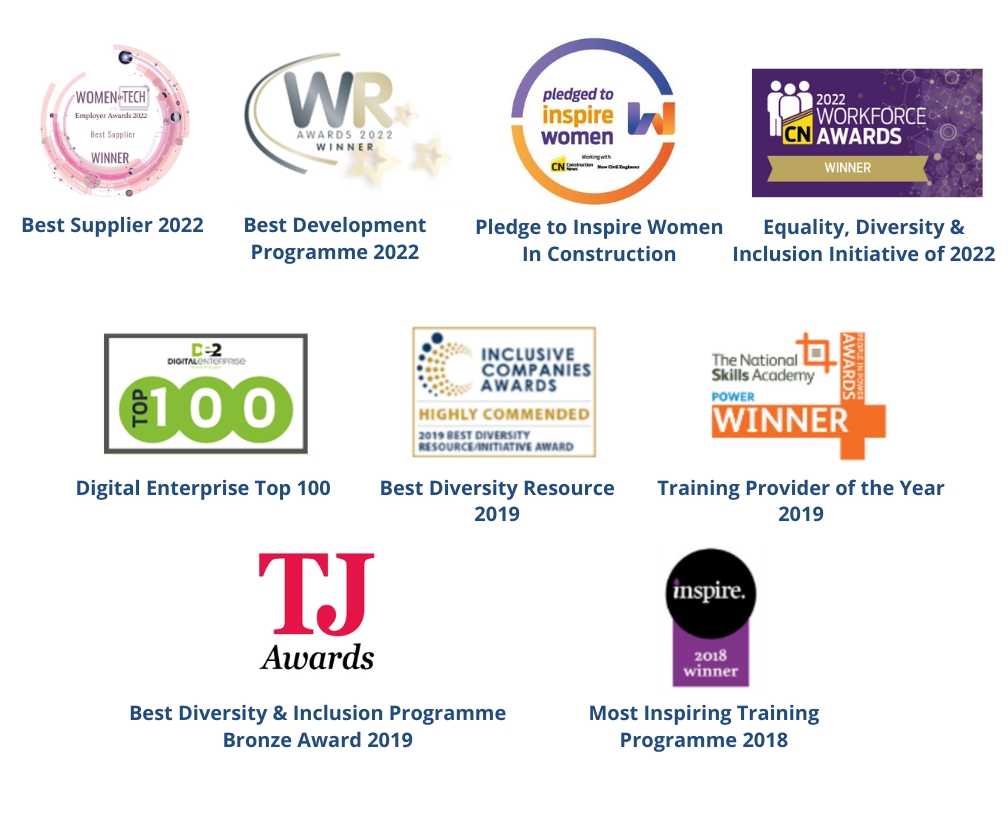Major life disruptions that are out of our control and how we handle them are how we understand and build our resilience. The COVID-19 pandemic disrupted all our lives and changed our daily patterns, habits and many aspects of our lives that we take for granted. Many people suffered the mental health repercussions of being confined to our homes, while others relished the solitude1. How we all coped (or struggled) plays a part in building or changing our resilience and how we adapt to those unexpected or unwanted changes.
Individual resilience is defined as being able to cope and recover from setbacks2 whereas resilience in infrastructure, for example, can refer to the robustness of a structure to withstand hazards3. The underlying theme across both these definitions is the unexpected and often unpredictable nature of the change that occurs. We are largely creatures of habit and becoming resilient requires us to let go of that desire for comfort and embrace that which makes us grow, develop, and reflect4.
Being resilient in the workplace has many benefits, both to individual employees and to their organisations. On an individual level, having resilience means increased motivation and adaptability, particularly around change5. This can include being able to adapt to anything from larger scale change such as organisational restructuring, right down to having your usual desk in your office moved to another part of the building. Whilst some of these changes may feel minor and insignificant for some, for others, they can represent a huge upheaval and the start of a difficult period6.
Being resilient can improve our wellbeing by improving our ability to manage and prepare for stressful events, including being able to recover afterwards. Work satisfaction and engagement can improve as well as our overall wellbeing, helping to protect us from physical illnesses7.
Even though becoming resilient is something we can work on individually, we may find that we are enabled by those around us in our personal and professional networks. Our interactions with them can help us to shift our perspectives by reminding us we are part of a team and don’t have to face challenges alone8. Our previous blog on ‘How to Build Relationships in Work’ demonstrated that by building relationships and networks with colleagues from across our organisations, we can collaborate effectively in challenging moments as we may know someone who can provide advice or support, as well as gaining a wider perspective which can assist in our understanding9.
Read our blog on How to Build Relationships at Work
Setting clear boundaries and having regular breaks provides a mental breather and most importantly, an opportunity to reset our energy and attention, especially when our breaks are completely detached from anything work-related. Our energy is preserved, our capacity for resilience grows, and we can prevent burnout10.
Read our blogs on How to Recognise Burnout and Don’t Ignore Your Boundaries at Work
Focussing on what is under our control can help us become more resilient. We are only responsible for our own responses during certain circumstances which may include, for example, the mood of a colleague, or client requests. If these are not in our control, then there is no need to focus on them and expend a lot of energy worrying. We can still assist or provide advice if needed, but it is important to consider how involved we need to be11.
Asking for help and being proactive in a situation is a key trait of resilience. If we wait for a situation to resolve itself or try to go it alone, often we can end up ruminating or overthinking, and ultimately not getting any closer to solving the issue. Taking a more active approach and asking for assistance can help you to work through how to approach and resolve the issue12.
Being compassionate with ourselves is vital, often we can be our own worst critics and when something goes wrong, we end up being hard on ourselves despite the knowledge that we put our best effort in13. An easy approach is to rethink those negative thoughts and reframe them; we can all get tired and have bad days, reframing our thoughts to focus on circumstance is preferable to focusing on our ability. Then the next time we make a mistake, we can attribute it to perhaps being kept up late by noisy neighbours, or by one of our children who didn’t sleep well, or simply feeling under the weather, instead of labelling ourselves as incompetent14.
Our EMPOWER and THRIVE programmes cover resilience and looking after ourselves. In particular, we focus on recognising burnout and provide tips from the NHS and mental health charities to ensure that our delegates leave our programmes equipped for stressful moments with the understanding of the importance of looking after themselves.
In particular, for parents returning back to work from parental leave, we have our Returning to Work programme which focuses on providing confidence, practical tools, and targeted interventions to enable our delegates to safeguard their professional, personal, and mental wellbeing.
Photo by Pedro Sanz on Unsplash
